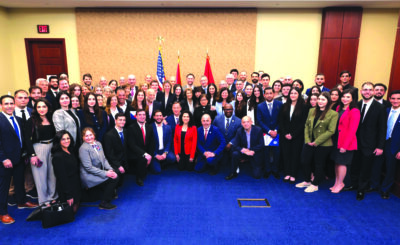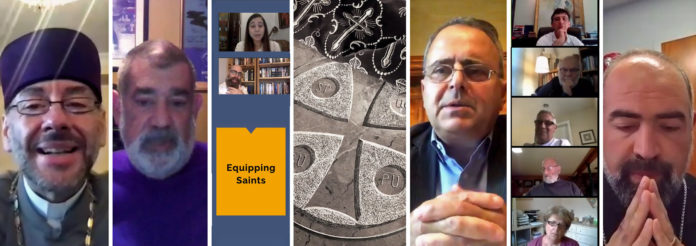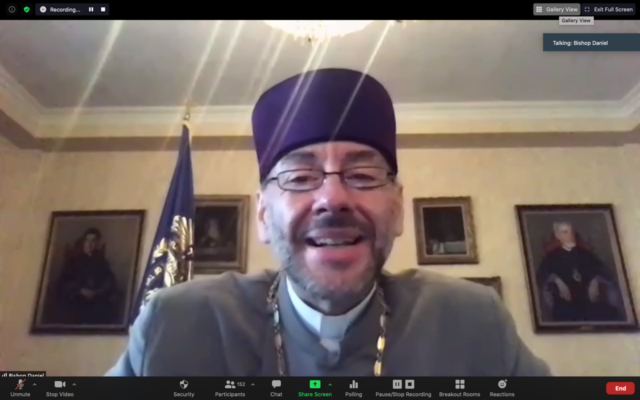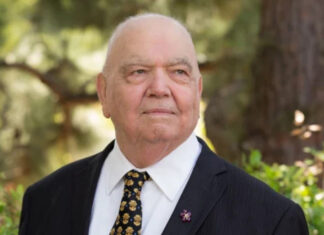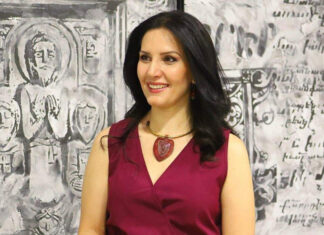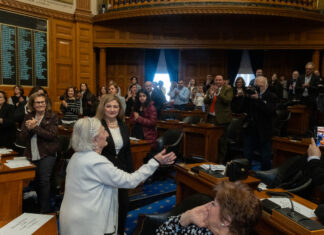NEW YORK — On Saturday, September 12, the Eastern Diocese of the Armenian Church of America broke new ground by holding a “virtual” Diocesan Assembly. It was the first time in the organization’s history that the annual gathering went forward as an online event, with attendees participating remotely.
Since the first Diocesan Assembly in 1902, the event has been anticipated as an occasion for Armenian Church leaders from across most of the United States to come together to deliberate, vote, conduct important business, and enjoy social events.
Naturally, the ongoing COVID-19 pandemic was the reason for proceeding with the assembly in an online format for 2020. Earlier in the year, worldwide concerns over the spread of the COVID-19 virus had caused the cancellation of the scheduled 118th Diocesan Assembly, which was to have taken place in Dallas, TX.
The change in format led to some departures from past practice. This year’s assembly was conducted as an “informational assembly,” with a limited scope and timeframe. As a practical matter, the assembly did not attempt to conduct any voting for elections, on proposals, or on matters such as approval of budgets.
Some 180 clergy, Diocesan delegates, and parish council chairs registered to take part in the roughly four-hour meeting over the Zoom conference platform.
Diocesan Primate Bishop Daniel Findikyan presided over the occasion, and delivered his annual message on the state of the Diocese from within the Diocesan Center in New York.
